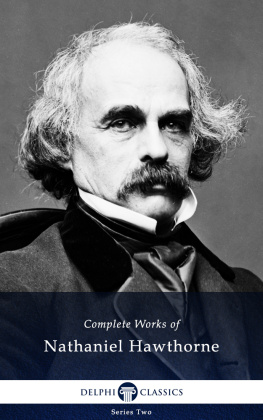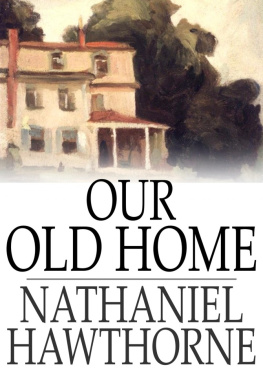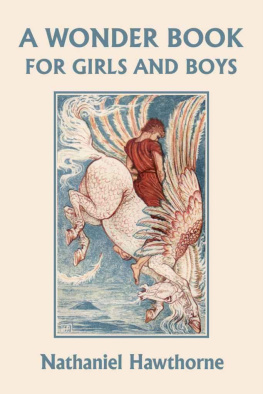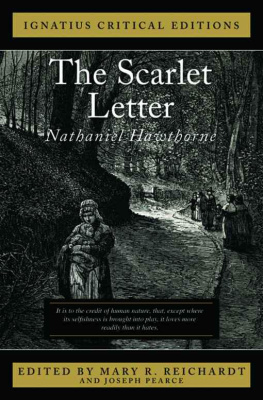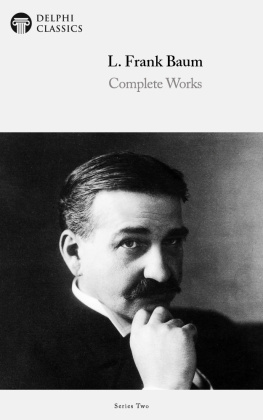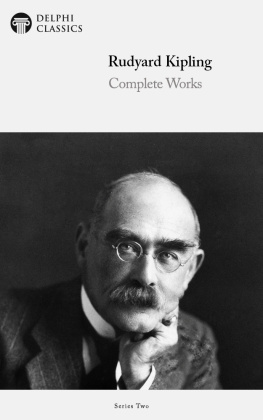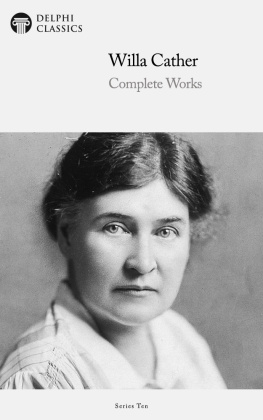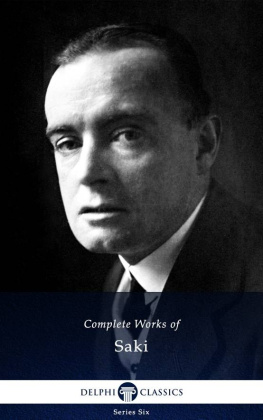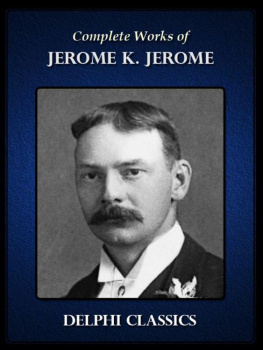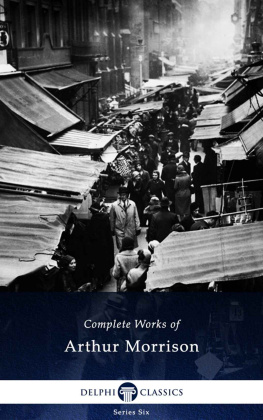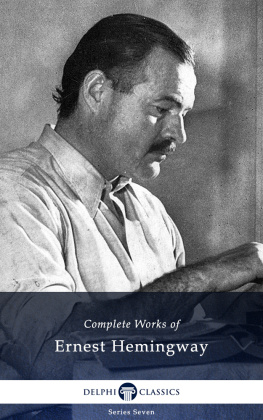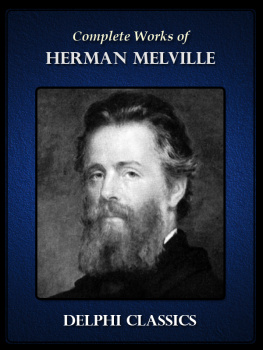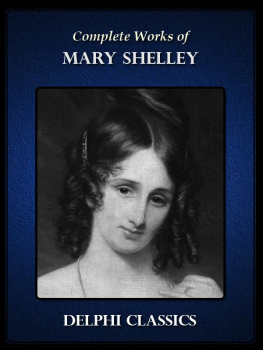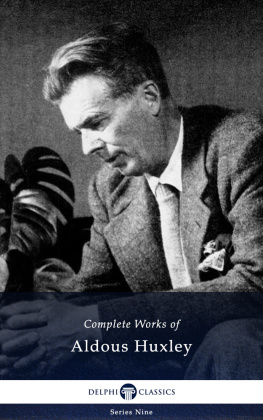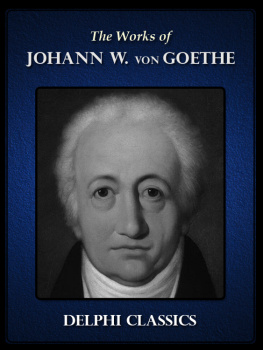
The Complete Works of
NATHANIEL HAWTHORNE
(1804-1864)

Contents

Delphi Classics 2016
Version 3

The Complete Works of
NATHANIEL HAWTHORNE

By Delphi Classics, 2016
COPYRIGHT
Complete Works of Nathaniel Hawthorne
First published in the United Kingdom in 2016 by Delphi Classics.
Delphi Classics, 2016.
All rights reserved. No part of this publication may be reproduced, stored in a retrieval system, or transmitted, in any form or by any means, without the prior permission in writing of the publisher, nor be otherwise circulated in any form other than that in which it is published.
ISBN: 978 1 90890 938 1
Delphi Classics
is an imprint of
Delphi Publishing Ltd
Hastings, East Sussex
United Kingdom
Contact: sales@delphiclassics.com
www.delphiclassics.com
Parts Edition Now Available!

Love reading Nathaniel Hawthorne ?
Did you know you can now purchase the Delphi Classics Parts Edition of this author and enjoy all the novels, plays, non-fiction books and other works as individual eBooks? Now, you can select and read individual novels etc. and know precisely where you are in an eBook. You will also be able to manage space better on your eReading devices.

The Parts Edition is only available direct from the Delphi Classics website.
For more information about this exciting new format and to try free Parts Edition downloads , please visit this link .
Explore American Masters with Delphi Classics

For the first time in digital publishing history, Delphi Classics is proud to present the complete works of these American authors.
www.delphiclassics.com
The Novels

27 Hardy Street, Salem, Massachusetts Hawthornes birthplace

Hawthornes birthplace in contemporary times
FANSHAWE

Hawthornes first novel was published anonymously in 1828. Fanshawe is based on the authors experiences as an undergraduate at Bowdoin College in the early 1820s. Hawthorne financed the publication of the novel himself and it was largely unnoticed. After its commercial failure, he burned the unsold copies and never mentioned it to anyone. The novel was so rare and Hawthorne was so secretive, that after his death his wife Sophia insisted her husband had never written a novel with that title, even when being shown a copy.
The narrative concerns Dr. Melmoth, the President of Harley College, who takes into his care Ellen Langton, the daughter of a friend at sea. The ward is a young, beautiful girl, who attracts the attentions of the college boys, especially Edward Walcott, a sturdy though immature student, and Fanshawe, the reclusive intellectual.

The first editions title page
CONTENTS
INTRODUCTORY NOTE. FANSHAWE.
In 1828, three years after graduating from Bowdoin College, Hawthorne published his first romance, Fanshawe. It was issued at Boston by Marsh & Capen, but made little or no impression on the public. The motto on the title-page of the original was from Southey: Wilt thou go on with me?
Afterwards, when he had struck into the vein of fiction that came to be known as distinctively his own, he attempted to suppress this youthful work, and was so successful that he obtained and destroyed all but a few of the copies then extant.
Some twelve years after his death it was resolved, in view of the interest manifested in tracing the growth of his genius from the beginning of his activity as an author, to revive this youthful romance; and the reissue of Fanshawe was then made.
Little biographical interest attaches to it, beyond the fact that Mr. Longfellow found in the descriptions and general atmosphere of the book a decided suggestion of the situation of Bowdoin College, at Brunswick, Maine, and the life there at the time when he and Hawthorne were both undergraduates of that institution.
Professor Packard, of Bowdoin College, who was then in charge of the study of English literature, and has survived both of his illustrious pupils, recalls Hawthornes exceptional excellence in the composition of English, even at that date (1821-1825); and it is not impossible that Hawthorne intended, through the character of Fanshawe, to present some faint projection of what he then thought might be his own obscure history. Even while he was in college, however, and meditating perhaps the slender elements of this first romance, his fellow-student Horatio Bridge, whose Journal of an African Cruiser he afterwards edited, recognized in him the possibilities of a writer of fiction a fact to which Hawthorne alludes in the dedicatory Preface to The Snow-Image.
G. P. L.
CHAPTER I.
Our court shall be a little Academe. SHAKESPEARE.
In an ancient though not very populous settlement, in a retired corner of one of the New England States, arise the walls of a seminary of learning, which, for the convenience of a name, shall be entitled Harley College. This institution, though the number of its years is inconsiderable compared with the hoar antiquity of its European sisters, is not without some claims to reverence on the score of age; for an almost countless multitude of rivals, by many of which its reputation has been eclipsed, have sprung up since its foundation. At no time, indeed, during an existence of nearly a century, has it acquired a very extensive fame; and circumstances, which need not be particularized, have, of late years, involved it in a deeper obscurity. There are now few candidates for the degrees that the college is authorized to bestow. On two of its annual Commencement Days, there has been a total deficiency of baccalaureates; and the lawyers and divines, on whom doctorates in their respective professions are gratuitously inflicted, are not accustomed to consider the distinction as an honor. Yet the sons of this seminary have always maintained their full share of reputation, in whatever paths of life they trod. Few of them, perhaps, have been deep and finished scholars; but the college has supplied what the emergencies of the country demanded a set of men more useful in its present state, and whose deficiency in theoretical knowledge has not been found to imply a want of practical ability.
Next page
